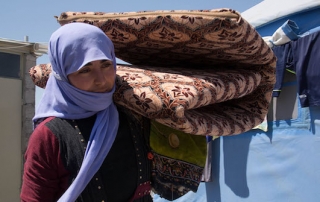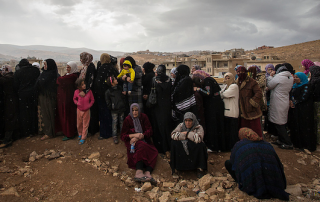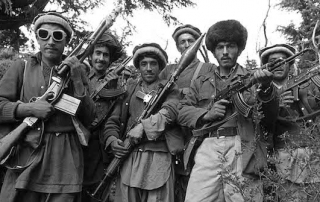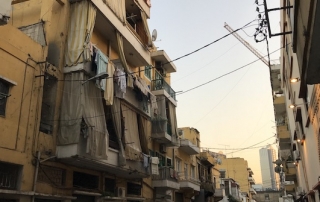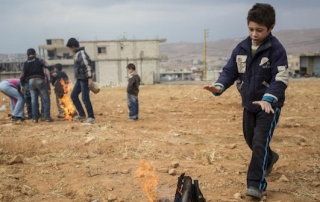Connecting Conflict-Related Displacement with WPS
by Zeynep Kaya
The Women, Peace and Security (WPS) agenda has great transformative potential, and puts the gendered impacts of conflict at the centre of discussions and actions on conflict. It calls for including women affected by, or part of, conflicts in peacebuilding and conflict-resolution processes, ensuring the protection of their rights and provisions for their specific needs. Despite this, […]

